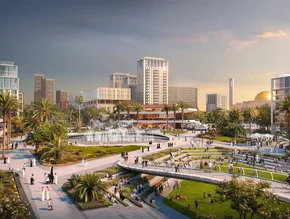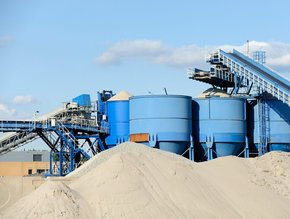Offsite Construction is Key to Affordable Housing Shortage, says Timber Specialist

Housing associations and local authorities could build new affordable housing faster by prioritising offsite construction, according to Alex Goodfellow, Group Managing Director at Stewart Milne Timber Systems.
The UK Government’s Affordable Homes Programme 2015-2018 encourages increased partnership working between local authorities, housing associations and private contractors to provide more affordable housing and maximise cost efficiencies in the construction of new homes.
According to the Government report, offsite construction and other forms of ‘construction innovation’ are key to adding value for providers through increasing speed of build, reducing waste and delivering more cost effectiveness overall.
However, Goodfellow believes this needs to be taken a step further and that aspects such as the lifecycle-cost benefits of offsite construction should be given more attention. He argues that local authorities and social housing providers could save money in the short- and long-term by offsite manufacturing of certain elements of new housing stock.
Goodfellow said: “Getting quality, affordable new homes out of the ground more quickly is a key priority for Government and in particular the social housing sector, and that can be a difficult balance to strike.
“Items such as timber systems and bathroom pods can be manufactured offsite – which means more efficient builds with lower ongoing costs. This would allow affordable housing providers to develop future-proof, sustainable housing stock quickly and cost effectively.”
He also advocates a ‘fabric first’ approach – where energy efficiency is built into the home, rather than enhanced by bolt-on technologies – as the most effective way of achieving these objectives.
Goodfellow said fabric first has a number of benefits, both during and after construction.
He said: “Homes which are intrinsically energy efficient – because they’ve been built with efficiency in mind – result in fewer repair bills and lower energy costs. Offsite construction also means the build process is a great deal quicker, so getting tenants in and rent payments established happens faster.
“Energy efficient homes are also unlikely to need expensive retrofits or alterations as they age, which is a significant benefit for affordable housing providers.”
The UK is currently facing a significant shortfall in housing supply, with research from property agents Savills recently suggesting that, in the south of England alone, 160,000 new homes are needed in the next five years.
In the affordable homes sector, charity and industry bodies are calling for the Government to increase house building substantially to address this.






